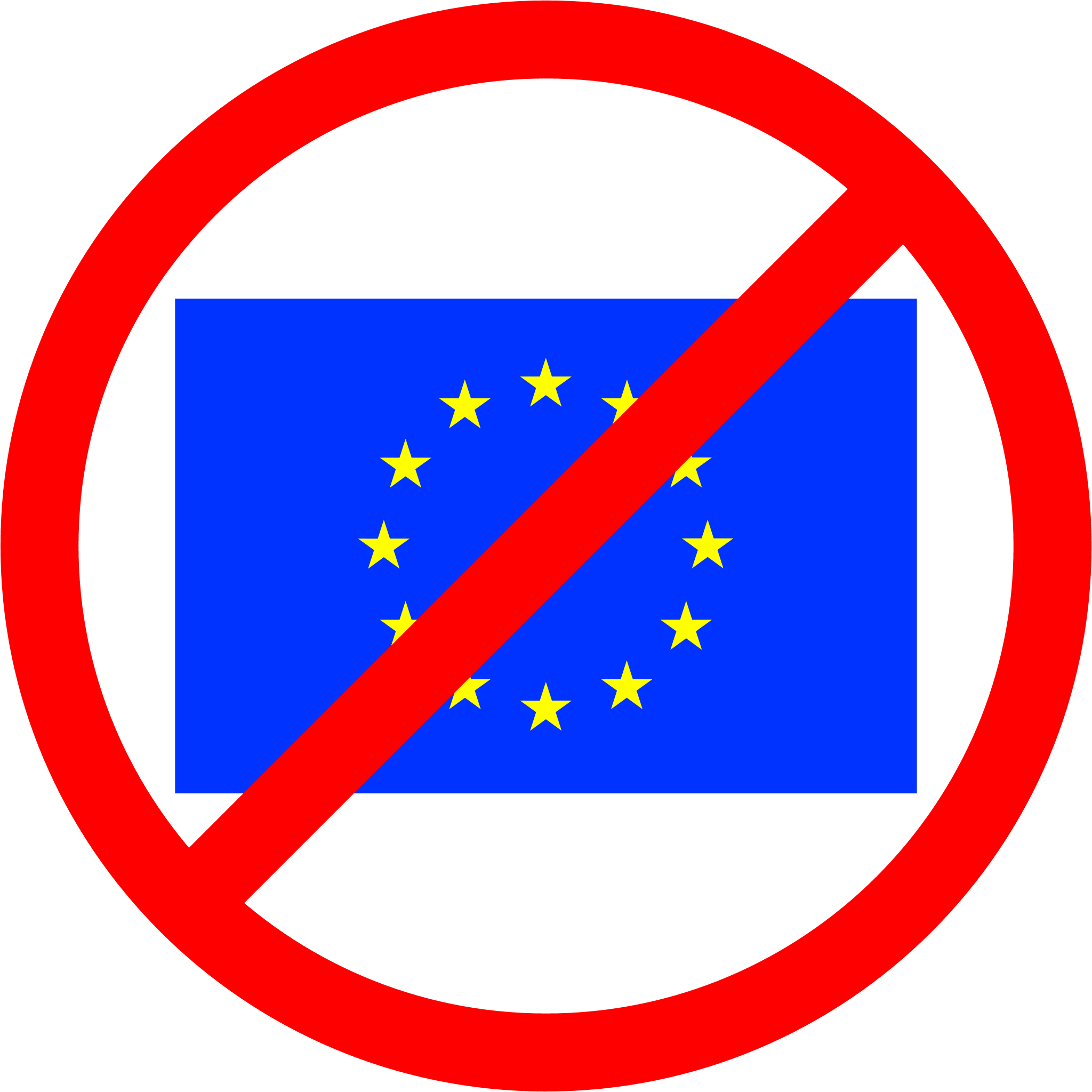In the 1940’s the European Union was started and founded by Belgium, France, Italy, Luxembourg, the Netherlands, and West Germany. After the course of over 50 years the EU has gone from 6 countries all united under economic treaties, to a large sovereignty of 28 countries. After looking at reasons and issues with EU enlargement, the EU will have many more countries interested in joining but the EU may ultimately break down.
Since the first 6 original countries, the EU has been enlarging progressively ever few years. From 1973 to 1995, Denmark, Ireland, the United Kingdom, Greece, Portugal, Spain, Finland, Sweden and Austria have all become members. In 2004 the EU had its biggest enlargement with the additions of the Czech Republic, Slovakia, Poland, Hungary, Latvia, Lithuania, Estonia, Slovenia, Cyprus, and Malta. (Shirazi 2012) There are also other countries who joined at other times. So what is the reason for all these countries wanting to be apart of this corporation? | http://www.qualityaction.eu/images/eu.jpg Can the EU get any Bigger? By: Elisabeth DuBois |
 |
| http://2.bp.blogspot.com/-RqhMzbSbkF8/UYVxNwKB08I/AAAAAAAADA8/g 7hVFx3ETHU/s1600/european_union_member_states_detailed_map.jpg |
Although the EU offers different benefits such as the euro and open borders. They main reason for joining and even creating the EU is the idea of ensuring peace and prosperity on the European continent. This is promoted by embracing former opponents from World War Two and the Cold War. By having peace between the countries it will help prevent another war from happening. There are also promises benefits. Five of benefits are enlargement that the EU offers are;
An extension of peace, stability and prosperity will help with the security of Europe’s people. An addition of more than 100 million people will help to have a growing economy and create jobs. As new members adopt EU policies of protection of the environment and the fight against illegal immigration, crime and drugs there will be a better quality of life. With new members joining there will be an increase of cultural diversity and interchange of ideas and understanding of people. Enlargement with strengthen world affairs in foreign and security policy, trade policy and field of global governance.(Curtis 2004)
From these different benefits and idea’s countries have been intrigued by this because they believe that they will have peace and better lives. It’s proven by the 2004 enlargement. “It featured three times as many entering countries as any previous enlargement, it increased the geographical expanse of the EU by 34%, and it added over 100 million people.” (Curtis 2004)
As long as the EU keeps and economical and successful course, there will always be new counties wanting to join.
Thought the EU enlargement has many positive qualities there are also 2 main issues that are very important to acknowledge. The first is reform. As the EU enlarges different countries have varying reforms that they desire. One for example is the Common Agricultural Policy (CAP). With the policies of subsidizing farms, some countries like France and Spain are heavily subsidized, but when new countries that have larger agricultural sectors such as Poland join, the subsidies which from benefitting the old members to benefitting the newer poorer members. This may be good for a place like Poland, but France and Spain are “reluctant to see their farmers’ subsides dwindle.”(Curtis 2004) Without better equality in this system the EU needs to be ready to face and agricultural backfire. Workers and companies will be angry and strikes or rebelling may trigger over time.
| http://upload.wikimedia.org/wikipedia/commons/thumb/b/b2/CAP2004beneficiaries.gif/250px-CAP2004beneficiaries.gif |
If to many more countries join the EU the then system will be overloaded making effective decision-making next to impossible. And as more lower class countries start to join like Romania and Bulgaria the standards of acceptance will lower. This will lead to corruption. And from that there will be an even larger toll on the EU’s economics, which is already overloaded because of the amount of poor member countries.
Even knowing this ,some people think that more expansion is still good because it will bring more peace and diversity to it’s citizens and because of this any other problems will be able to be worked out. But it’s just not possible. If almost 30 countries were to agree on all these matters then why not become one country. And if all the countries are diverse by culture than members would always have different opinions and ideas just because of the culture the have. The EU needs to reinforce better equality in economics and decisions before it can considered adding more than the 28 members are it will fail.
 |
| https://www.fourmilab.ch/evilempire/noEU/images/noEU_2048.png |
Work Cited
Shirazi, Habibollah Ablhassan, Dr. "The Future of the European Union Enlargement
and Its Challenges." Euro Academics. N.p., n.d. Web. 16 June 2014.
<http://euroacademia.eu/wordpress/wp-content/uploads/2012/11/
Habbib_Shirazi_The_Future_of_the_European_Union_Enlargement_and_Its_Challenges.pd
f>.
Curtis, Ben, and William D. Linser. "NATO and Eu Enlargement: Challenges for the
New Europe." Unc Education. N.p., 2004. Web. 16 June 2014.
<http://www.unc.edu/euce/resources/education/UW-NATOandEU_curriculum.pdf>.
"Arguments for and against EU Enlargement." Debating Europe. N.p., n.d. Web. 16 June 2014. <http://www.debatingeurope.eu/focus/ infobox-arguments-for-and-against-eu-enlargement/#.U5-9cmdOXVh>.

Interesting points about the EU growing, but you seemed to argue both sides. If one side was intended to be a counter-argument, I'm not sure which one.
ReplyDelete